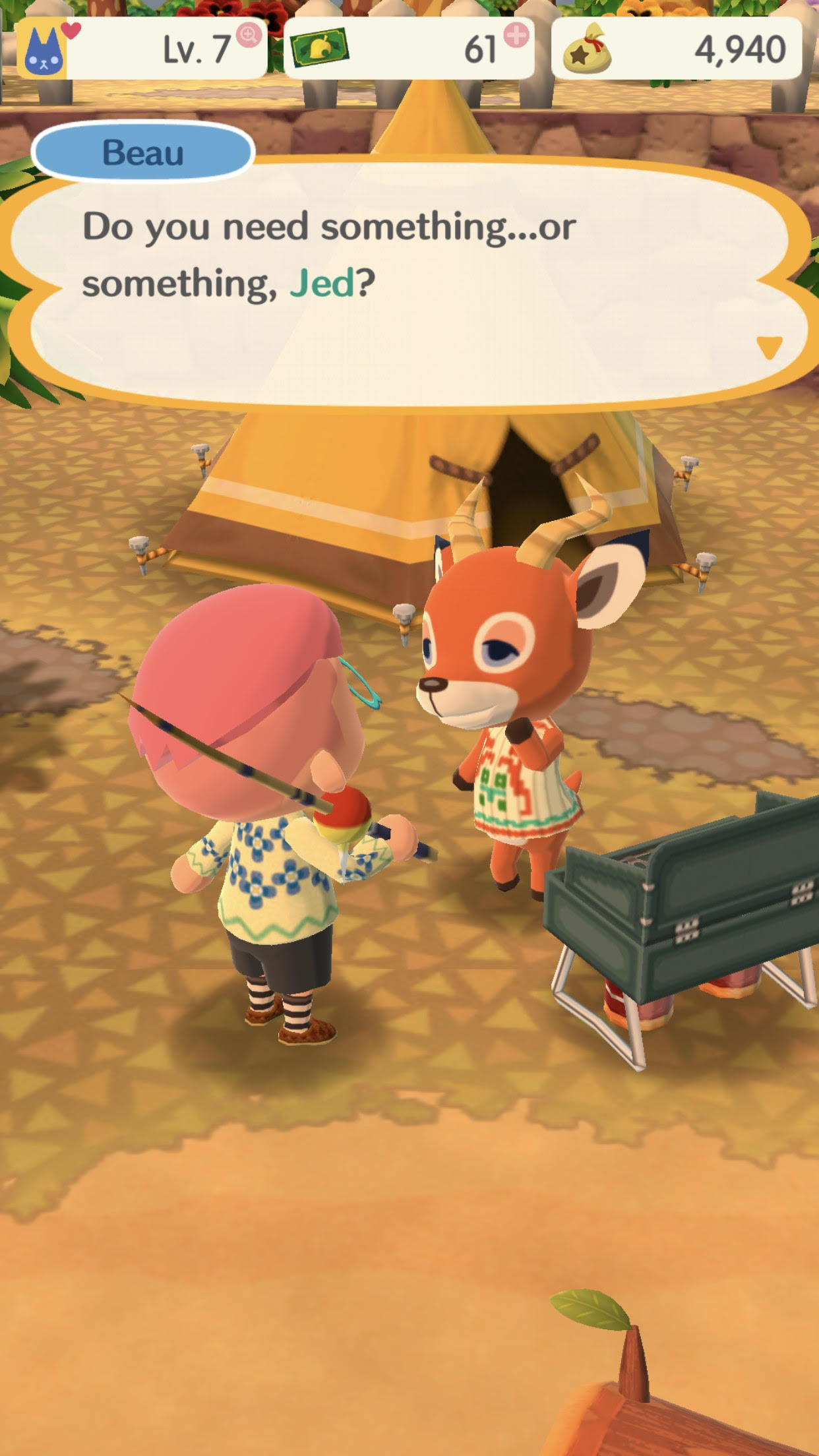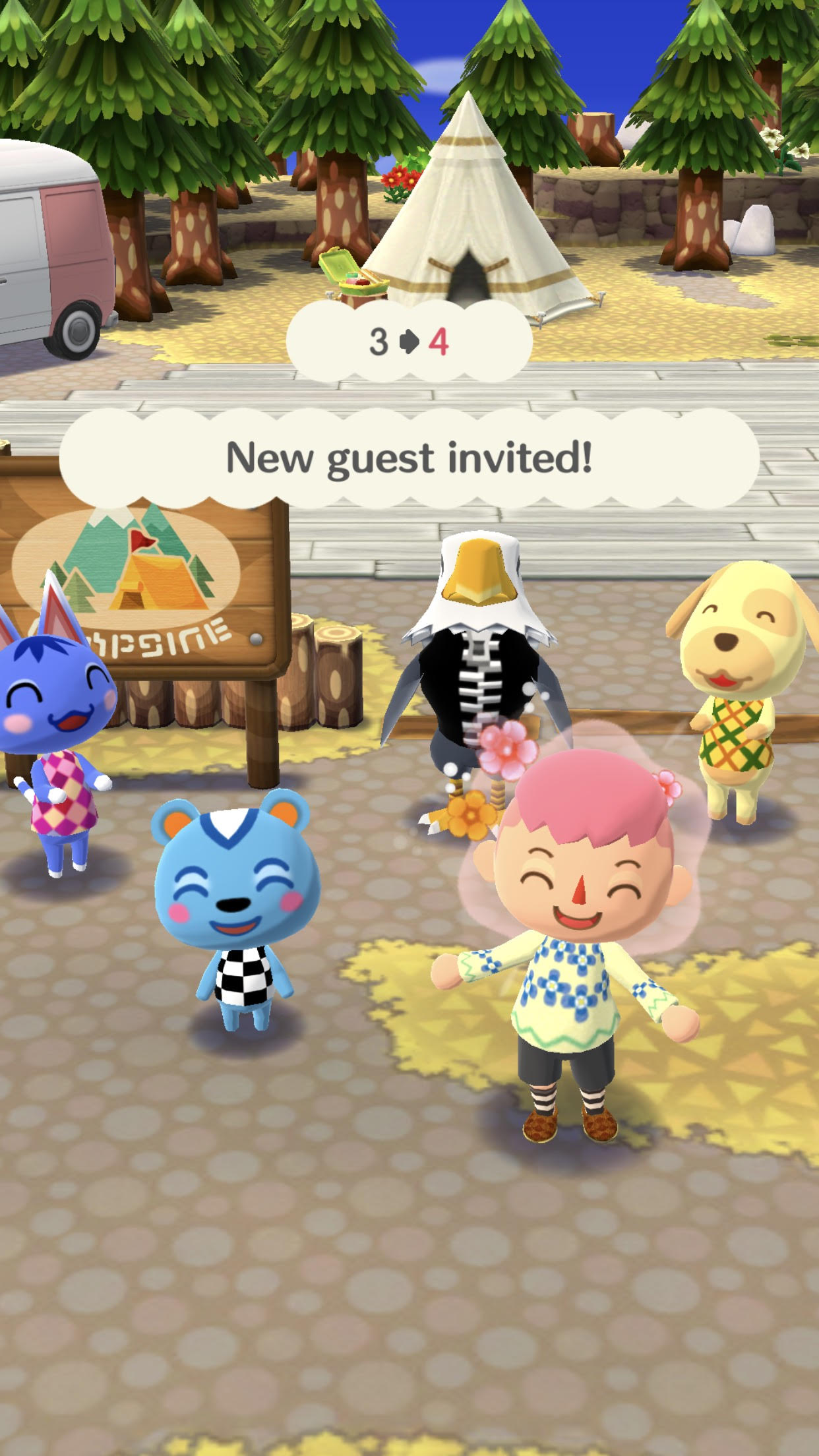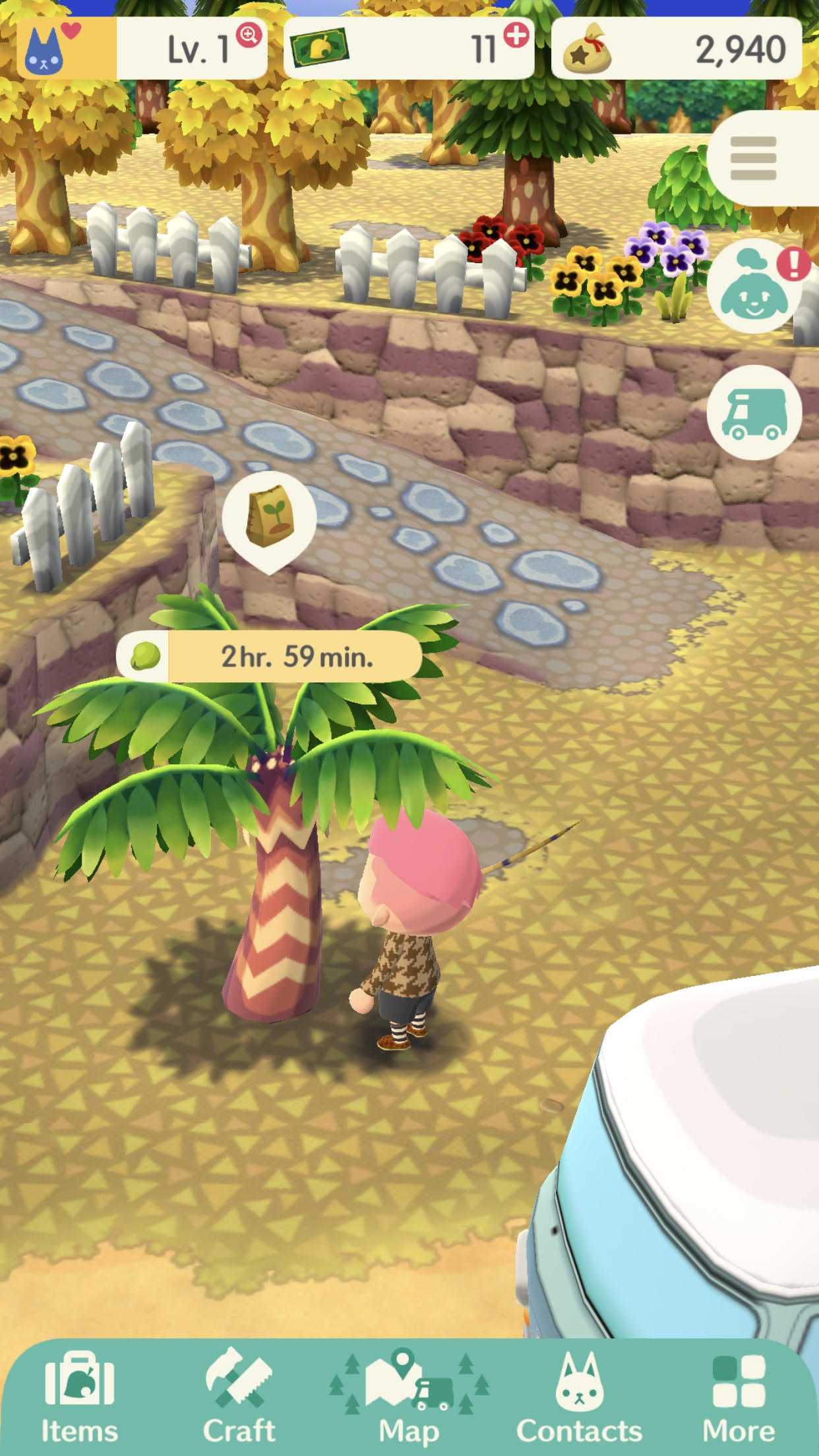‘Animal Crossing: Pocket Camp’ Has Microtransactions and I’m Not Even Mad
Credit to Author: Jed Whitaker| Date: Mon, 30 Oct 2017 13:36:58 +0000
For the past day or so I’ve done essentially nothing except play Nintendo’s free-to-play mobile life simulation, Animal Crossing: Pocket Camp, which launched early in Australia and New Zealand ahead of its worldwide release scheduled for November. I’m happy to report it’s pretty good, in spite of its microtransactions. Animal Crossing‘s time-restricted gameplay was always a kind of proto-free-to-play game. Now it just has the business model to match.
If you’ve never played it before, Animal Crossing is a virtual second life where all your friends and neighbors are adorable animals. There is no winning or losing, and no real endgame other than collecting every available item, which typically takes at minimum a year since some items are seasonal and time passes in real time, with special events occurring on specific dates. You can fish, hunt bugs, collect fruit, and chat with your neighbors, which is what I picture most people that live rural areas do with their time. It’s a simple series that most people can pick up, understand, and enjoy; just ask my mother, who was as addicted to the GameCube iteration 15 years ago.
In Pocket Camp, you’re the manager of a campsite (as opposed to a town, as in most previous Animal Crossing games). You can decorate your campsite as you see fit with items collected via crafting or bought from the store with Bells, the classic earnable in-game currency of Animal Crossing. You can earn materials for crafting by visiting and helping other characters to raise your friendship levels, which in turn unlocks new visitors as well as new items to craft. Characters ask for help finding specific items that can be collected in the world such as fruit, seashells, fish, and bugs.

One major change to the Animal Crossing formula here is that almost all items must be crafted instead of simply purchased, and the time it takes to craft something passes in real time. The game starts out by having every item only take one minute to craft, but three hours in, wait times get much longer, and you can pay real world money to purchase the premium currency, Leaf Tickets. These can be used to craft items instantly and to basically speed up every facet of the game.
While Leaf Tickets are earnable in-game, they’re hard to come by, meaning if I want to keep progressing quickly I have to start spending real money. If you’ve ever played a free-to-play game on phones before you’re familiar with this bullshit. That said, Animal Crossing isn’t a race to the finish and is all about taking your time and playing over weeks, months, and years, so I rarely, if ever, felt like I needed to pay for Leaf Tickets.
I’m totally okay with how Nintendo is trying to make a buck here because not only does this game mostly capture the cuteness and accessibility of Animal Crossing, but because everything I’m forced to wait or pay for takes less time than it did in the previous games. It takes three hours for fruit to regrow instead of three days like in the 3DS’ Animal Crossing: New Leaf, or four days in the OG GameCube game. I’m able to progress and play a lot more in one day than in any other Animal Crossing.

Don’t get me wrong. I’m not saying I love free-to-play mechanics that hang a carrot on a stick in front of my face and ask me to pay for it. I don’t. But Animal Crossing has always forced me to wait, and with the game being free, it makes a lot of sense Nintendo would offer up a way to pay to make those wait times go away.
It’s a more logical approach and is far less sacrilegious than Mario Run, Nintendo’s paid game that also has a similar premium in-game currency. Plus, Pocket Camp feels like an Animal Crossing game. Mario Run didn’t quite capture the same magic of the console games it’s based on.
If Pocket Camp compares poorly to previous Animal Crossings, it’s because it has a lot less variety and charm. Gone is the museum, collecting fossils, and planting trees and flowers. Characters don’t seem to have as much personality as before, with conversations being repetitive to the point that I’m fairly certain characters share many or most of the same lines, and they never mention other animals like in previous titles where they were known to talk shit, hold grudges, and have frenemies. There also appears to only be 40 animals to befriend currently, which is far less that the over 300 available in New Leaf.

The basic gameplay loop that can be completed every three hours is: pick all the fruit, collect seashells, catch bugs and fish, talk to the new visitors, use the materials they gave you to craft furniture, and repeat three hours later.
Thing is, Animal Crossing: Pocket Camp is just as addicting as previous games and its new, simpler format is a perfect fit for playing in downtime on your phone, even if it has Farmville-like timers and microtransactions.